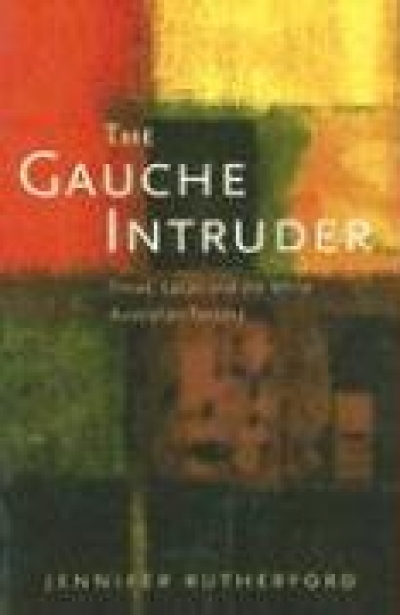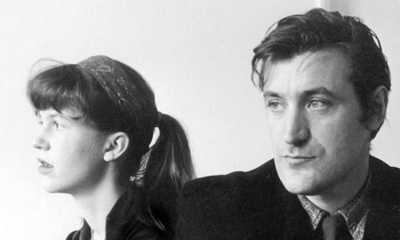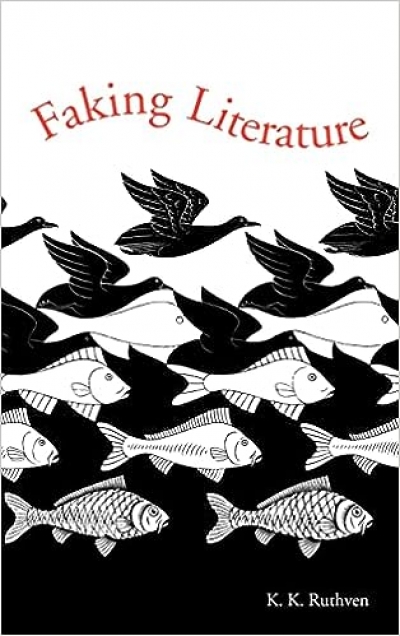Accessibility Tools
- Content scaling 100%
- Font size 100%
- Line height 100%
- Letter spacing 100%
Archive
The Gauche Intruder: Freud, Lacan and the White Australian fantasy by Jennifer Rutherford
Sunday morning at Balgo in the Kimberley, the wind ripping past in a cold gale of dust and smoke. Wirrimanu, the name of this place, means ‘dirty wind’. White plastic shopping bags pulse and inflate, struggling against the twigs and wire that restrain them. My view down the magnificent plunge of the pound is intercepted by the gridded weld-mesh cage enclosing the verandah, and again by the three-metre-high cyclone mesh fence surrounding the compound. An insufficient barrier, as it turns out, to the entry of determined petrol sniffers. They have been in during the night and have opened all the jerry cans in the back of my car. Slippers, the dog who sleeps in the tray, has clearly made them welcome. I am carrying only diesel and water, and the sniffers have taken nothing, leaving a small stone on the lid of the toolbox as a gesture of – what? – irony, defiance, humour?
... (read more)As recently as May, Frank Kermode, writing in the London Review of Books, had the temerity to say, ‘Some writers really are better than others’. This may come as a surprise to the odd professor of English, it seems. You will recall that Raimond Gaita, our La Trobe University Essayist in the previous issue, cited one vigilant professorial leveller who, having purportedly disposed of the illusion that there are great books, was determined to expose the folly of the notion that there are good ones.
... (read more)I should make it clear at the start of these discursive memories that I knew Ted Hughes only slightly and Sylvia Plath hardly at all. But I lived in fairly close proximity to their ascent to fame in the 1950s and 1960s and knew much more closely some of the personalities intimately involved in the crisis in the lives of these two remarkable poets ...
... (read more)On the second last day of the weeklong Poetry Africa 2001 international festival in Durban, South Africa, an interview with me appeared in one of the national newspapers. The text presented me as a returned exile. I was asked questions such as: ‘Have you lost your South Africanness, or do you still need it?’ Since my return to South Africa – I was last here in 1995, just after the first ‘free and fair’ election – I’ve been asked about my feelings towards South Africa and Australia. The questions are always intentionally superficial: there’s a right and a wrong answer. I’ve found that usually the best response is evasion or, better, a lie. In their questioning is a not so subtle politics of decorum: Are you a foreigner? If you are, mind your manners.
... (read more)Heroic Money by Gig Ryan & Sun Shadow, Moon Shadow by J. S. Harry
The True Life of Jimmy Governor by Laurie Moore and Stephan Williams
‘AT NIGHT,’ wrote Charmian Clift one summer in the late 1950s on the Greek island of Hydra where she lived with her husband and children, where the harbour village had been invaded by summer tourists, where teams of local Greek matrons invaded the kitchen in relays to monitor the foreign woman’s housework and mothering techniques ...
... (read more)





